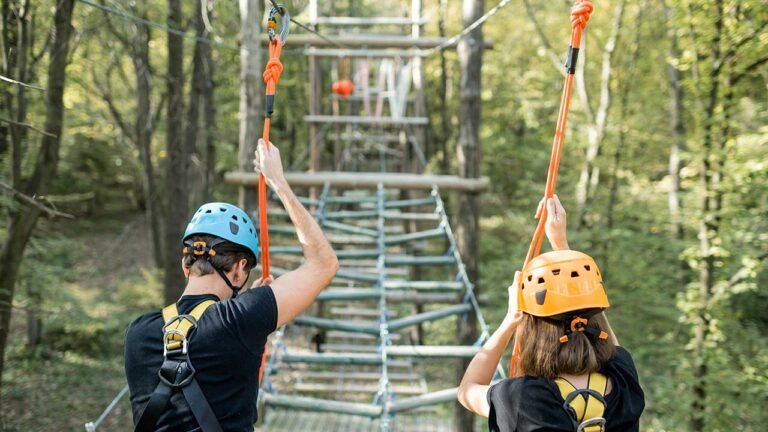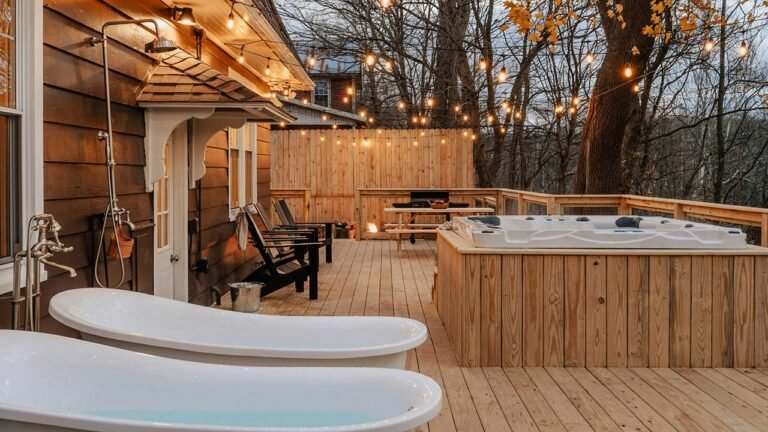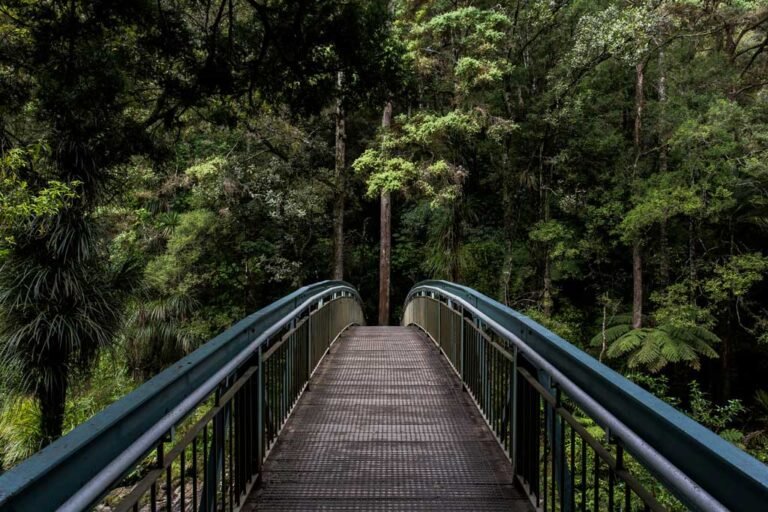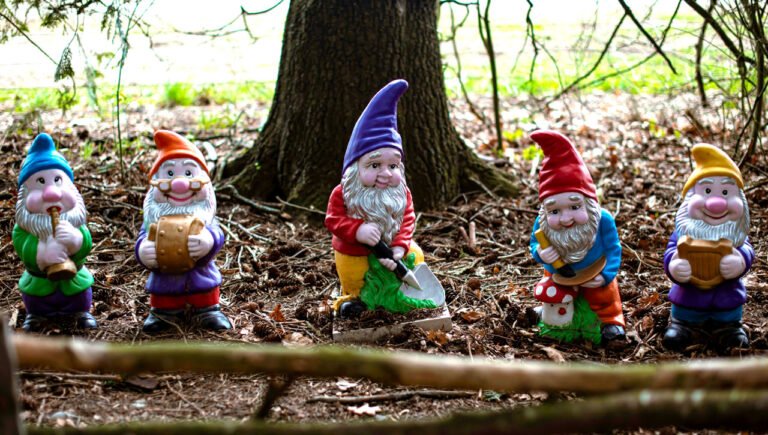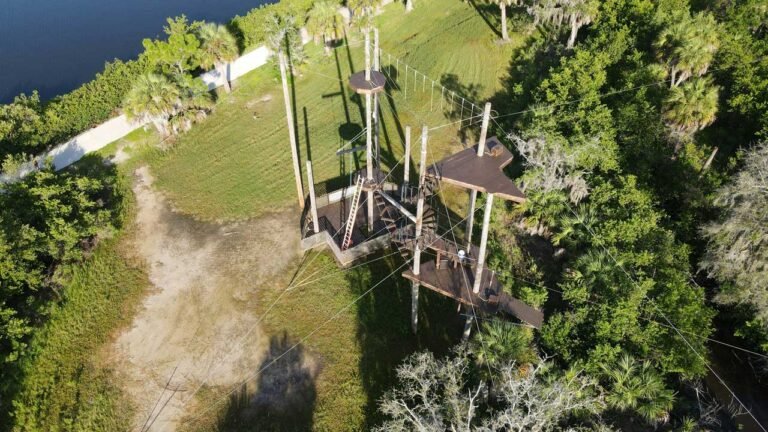Experiential education in climbing parks
Are you looking for an adventure that not only challenges your body, but also your mind? Climbing parks and high ropes courses offer more than just sporting activities – they are places for experiential education, personal development and a sense of community. In this article, you will learn how these unique environments can help you to surpass yourself, overcome fears and develop important social skills.
Experiential education in climbing parks: more than just climbing
What is experiential education?
K. Reich from the University of Cologne provides a good explanation. Quote: “Experiential education is an action-oriented method that originally found its way into schools as a counter-movement to “cerebral” learning. It is now mainly used in extracurricular activities, particularly in youth work. The offers are just as diverse as the possible target groups. The majority of programs are aimed at young people, but there are also offers for adult education, in the therapeutic field or for people with disabilities, for example. So far, nature sports activities have predominated, but urban programs that aim to open up the city as an adventure space (e.g. City Bound) are also gaining more attention. Experiential education elements are also being used in schools – especially in sports, on excursions and sometimes also in “normal” lessons.” You can download the complete study from the University of Cologne here.
The basics of experiential education in the climbing park
Experiential education in the climbing park uses the challenges of climbing to teach important life skills. It’s not just about the physical act of climbing, but about what you learn about yourself and your interaction with others. Climbing parks provide an ideal platform to build confidence, teamwork and self-esteem in a supportive and challenging environment. Experiential education offers the following opportunities:
- Group interactions
- Understanding group conflicts
- Dealing with physical performance
- Lasting effect through direct experiences
Especially in a group, a trip to a climbing forest is a very special experience for children and young people. They learn to deal with conflicts and develop self-esteem through interaction tasks. This allows everyone to contribute their individual skills, consciously get to know their limits and experience success. A great program item for school trips too. Many climbing parks offer courses ranging from two-hour basic courses to all-day programs.
Important topics in the programs are:
- Solving problems as a team
- Compliance with rules
- Recognizing and accepting fears
- Develop your own strategies
- Positive motivation
- Lead and be led
- Divide forces
- Importance of communication
- Develop your own strategies
- Positive motivation
- Recognizing and accepting fears
Specially trained supervisors are on hand with help and advice for all tasks.
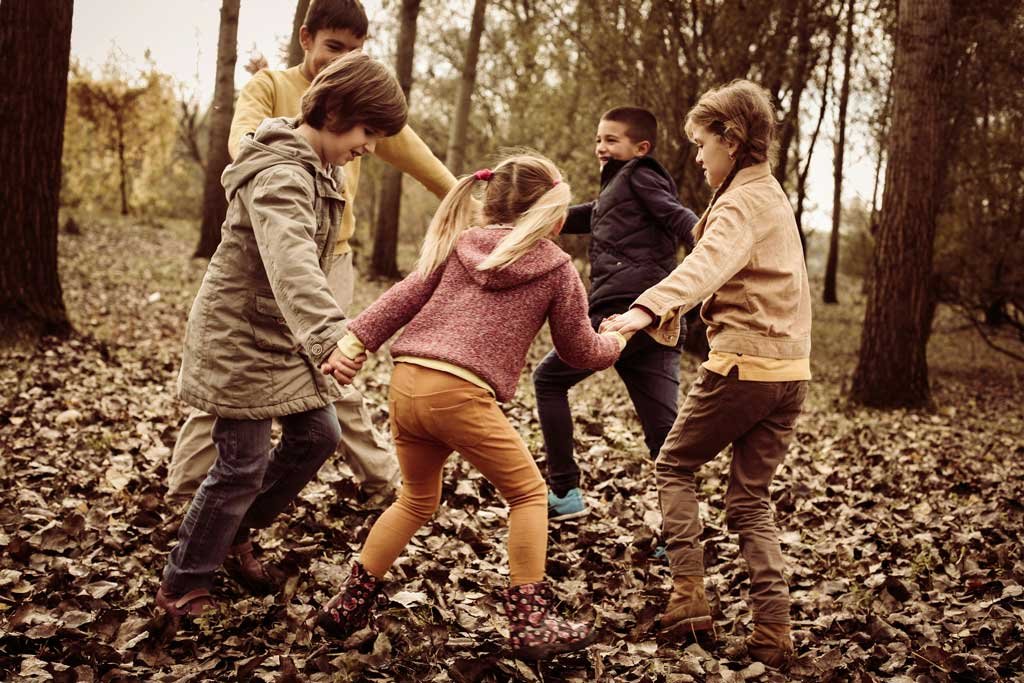
Practical application of experiential education
In climbing parks, you are confronted with situations that require teamwork. You learn to rely on your team members as you navigate your way through various courses. These experiences not only strengthen your team spirit, but also your self-confidence, as you overcome challenges that you may have thought impossible.
The following topics can be learned in the climbing park as examples:
- Securing technique and knots
- Climb into the treetops on a variety of courses
- Enjoy the thrill of a giant swing
- roam the dense forest on a treasure hunt
- Mastering team tasks together
- try your hand at archery with a bow and arrow
- Balance on the slackline
- rest in tents and hammocks at the base camp
- Experience nature with all your senses
In discussion and reflection rounds, the experiences of the day are deepened and made conscious. Exercises and activities lead to experiences that are also useful for the participants’ everyday life and coping with life.
Climbing parks specializing in team climbing
Below I have compiled a list of 20 climbing parks and high ropes courses that have special offers for adventure education and team building in their program. In most cases, these climbing parks can only be booked for groups by appointment. Through experiential educational tasks, helpfulness, cooperation and team spirit, trust and endurance can be challenged and encouraged.
| Climbing park name | Federal state | Address | Phone | Website | |
|---|---|---|---|---|---|
| Boxberg Nature and Adventure Park | Baden-Württemberg | Zum Waldseilgarten 1, 97944 Boxberg | +49 7930 327 30 31 | info@waldseilgarten-boxberg.de | waldseilgarten-boxberg.de |
| Forest ropes course Freiburg | Baden-Württemberg | Opfingerstraße 190, 79111 Freiburg | +49 1573 1999533 | sophie.guertler@waldseilgarten-freiburg.de | waldseilgarten-freiburg.de |
| Outdoorpark CVJM Karlsruhe | Baden-Württemberg | Nowackanlage 5, 76137 Karlsruhe | +49 1575-3296388 | info@outdoorpark.de | outdoorpark.de |
| Ropes course Mannheim | Baden-Württemberg | Im Pfeifferswörth, 68305 Mannheim-Feudenheim | +49 621 28 000 489 | tanja.wuerges@kbz.ekiba.de | seilgarten-mannheim.de |
| Active Park Bergheide | Baden-Württemberg | Bergheide 4, 70376 Stuttgart | +49 711 814 300 | aktivparkbergheide@caritas-stuttgart.de | caritas-stuttgart.de |
| Waldenburg Vocational College | Baden-Württemberg | Eichenstraße 11-13, 74638 Waldenburg | +49 7942 912 130 | info@ipg-waldenburg.de | bk-waldenburg.de |
| Silvestria climbing forest | Baden-Württemberg | Almosenberg, 97877 Wertheim-Dertingen | +49 151 57350409 | info@kletterwald-silvestria.de | kletterwald-silvestria.de |
| Altmühltal climbing park | Bavaria | Bräuhausstraße 36, 92339 Beilngries | +49 8461 602990 | info@altmuehltaler-abenteuerpark.de | altmuehltaler-abenteuerpark.de |
| Climbing park Wallenhausen | Bavaria | Habsburgerstr. 59, 89264 Wallenhausen | +49 7309 425959 | info@waldseilgarten-wallenhausen.de | waldseilgarten-wallenhausen.de |
| Rope course Lesum | Bremen | Holthorster Weg, 28717 Bremen-Lesum | info@seilgarten-lesum.de | seilgartenlesum.de | |
| Forest ropes course Laubfrosch | Hesse | Vogelsbergstraße 90, 63654 Büdingen | +49 641 96618921 | komm-raus.org | |
| High ropes course Wölfersheimer See | Hesse | Neuhofstraße 28, 60318 Frankfurt | +49 6036 988844 | admin@hochseilgarten-woelfersheimersee.de | hochseilgarten-woelfersheimersee.de |
| Taunatours high ropes course | Hesse | Limesstraße 14, 61389 Schmitten im Taunus | +49 6082 92410 | info@tauna-tours.de | tauna-tours.com |
| High ropes course in Neukloster | Mecklenburg-Western Pomerania | Klosterhof 2, 23992 Neukloster | +49 38422 25482 | kontakt@jugendscheune-neukloster.de | schweriner-see.de |
| Hanover ropes course | Lower Saxony | Ferdinandstr. 7, 30175 Hanover | +49 511 53 07 81 45 | info@kej-hannover.de | seilgarten-hannover.de |
| Ropes course Salzgitter | Lower Saxony | Otto-Hahn-Ring, 38228 Salzgitter-Lebenstedt | info@seilgarten-salzgitter.de | seilgarten-salzgitter.de | |
| High ropes course Dülmen | North Rhine-Westphalia | Lüdinghauser Str. 101, 48249 Dülmen | +49 2861 8040920 | kbw-borken@bistum-muenster.de | hochseilgarten-duelmen.de |
| High ropes course Recklinghausen | North Rhine-Westphalia | Lülfstraße 69, 45665 Recklinghausen | +49 2361 979 86 38 | info@hochseilgarten-re.de | bauspielfarm-re.de |
| High ropes course Erlebniswerkstatt Saar | High ropes course Erlebniswerkstatt Saar | Kirchstrasse 1, 54441 Taben-Rodt | +49 6582 914044 | info@erlebniswerkstatt-saar.de | erlebniswerkstatt-saar.de |
| High ropes course Malente | Schleswig-Holstein | Cycle country views, 23714 Malente | +49 4523 403605 | info@bottervogel.de | bottervogel.de |
Map of climbing parks for team climbing in Germany
The following map provides a clear overview of the climbing parks for adventure education and team building. In numerous tasks and exercises at different heights and with different types of protection, the group and each individual participant can overcome boundaries and have lots of fun.
Video: Learning between heaven and earth
Requirements for experiential education in climbing parks
Declaration of consent
The use of the safety equipment provided and attendance at the safety briefing are prerequisites for the activities. A declaration of consent (signed by a parent or guardian in the case of minors) is usually required beforehand. The other requirements in the climbing park regarding minimum age, minimum height and maximum weight must of course also be met.
Dealing with fear of heights in climbing parks and high ropes courses
Understanding and overcoming fear of heights
Fear of heights, or acrophobia, is a widespread fear that can be particularly noticeable in climbing parks. It is important to understand that fear of heights can be overcome, especially in a controlled environment such as a climbing park where safety is paramount.
Fear of heights in the climbing park: a step-by-step approach
Start with lower and easier courses to slowly get used to the height. Climbing parks often offer different levels of difficulty, allowing you to overcome your fear at your own pace. The supervisors at climbing parks are trained to help you and offer support if you need it.
Instructors and helpers in climbing parks: indispensable support
The role of supervisors and rescuers in climbing parks:
Supervisors and rescuers in climbing parks are not only responsible for your safety, but also for ensuring that you have a positive and enriching experience. They are specially trained to provide guidance, check safety equipment and offer support and encouragement when needed.
Safety and supervision in the climbing park:
Safety in climbing parks is guaranteed by strict standards and constant supervision by professional staff. Before you start climbing, you will receive a thorough briefing to ensure that you use the equipment correctly and understand the safety rules.
Conclusion: Climbing parks as a platform for growth and community
Climbing parks and high ropes courses offer much more than just physical activity. They are unique environments where you can develop important life skills, overcome fears and experience a strong sense of community. Whether you climb alone, with friends or as part of a team event, the experiences you have in a climbing park can be life-changing.
Take the opportunity to face new challenges, push your limits and create unforgettable memories. A visit to a climbing park not only offers fun and adventure, but also the chance to grow and learn in a supportive environment. Pack your sense of adventure and discover the many opportunities that climbing parks and high ropes courses offer for personal development and teamwork.
How did you like my article on experiential education? Please leave me a review!
You are helping us and other nature lovers. Thank you very much 🙂 !
You can also find all other categories in the experience search.
FAQ – Frequently asked questions
What is experiential education?
Experiential education is an educational concept that promotes social skills, self-confidence and teamwork through practical experiences and adventures in nature. The goals include strengthening self-confidence, promoting teamwork and communication, improving problem-solving skills and developing a sense of responsibility.
How is experiential education implemented in climbing parks?
In climbing parks, experiential education is implemented through guided activities such as climbing, high ropes courses, team tasks and problem-solving exercises aimed at developing personal and social skills. The duration of programs can vary, from a few hours to multi-day events, depending on the specific goals and needs of the group.
Which age groups benefit from adventure-based educational programs in climbing parks?
Experiential education programs in climbing parks are suitable for all age groups, from children and teenagers to adults. The programs are adapted to the respective age and ability levels. Skills such as self-confidence, resilience, willingness to cooperate, problem-solving skills and awareness of one’s own responsibility can be promoted through these activities.
What advantages do experiential education programs in climbing parks offer schools?
For schools, these programs offer a valuable addition to the traditional classroom by promoting hands-on learning and giving students the opportunity to develop their social skills in a natural environment.



